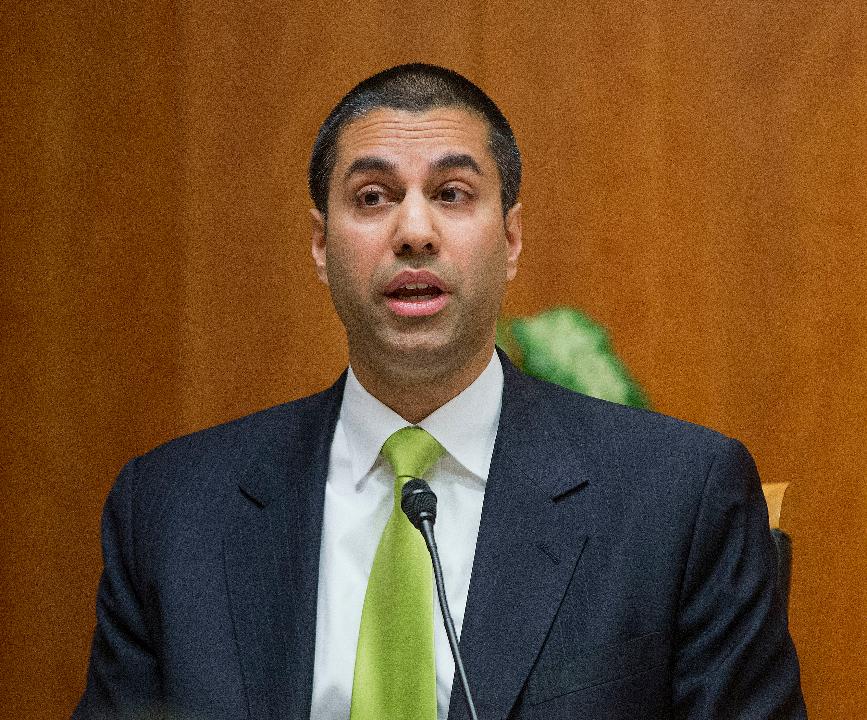Net neutrality repeal a 'blow to binge watchers'
The Federal Communications Commission (FCC) on Thursday voted to repeal net neutrality rules, which could impact prices at popular streaming services like Spotify and Netflix, according to some experts.
The Obama-era internet rules were put in place to prevent broadband providers from charging for certain content or better services. The move to deregulate will no longer require providers to treat all content equally. That could mean companies like AT&T or Comcast could block or manipulate certain content. It could also mean streaming services will require customers to shell out more cash.
“If you’re willing to pay more as a content provider [i.e. Netflix or Amazon] … then you can get preferential treatment,” Scott Vernick, a cybersecurity legal expert and partner at Fox Rothschild, told FOX Business, adding that those costs could theoretically be passed along to the consumer.
As some have pointed out, this type of extortion in exchange for internet speed is nothing new for content providers.
"We’ve seen [Internet Service Providers] use interconnection as a weapon against their streaming competition in the past. Comcast slowing down Netflix in order to extort a higher interconnection fee in 2014 is the best example. Without net neutrality, the negotiating scales tip against smaller streamers and start-ups in favor of monopoly cable providers," Chip Pickering, CEO of INCOMPAS, an association that represents streaming, internet and competitive network companies, said in a statement. He added that Thursday’s decision was a “blow to binge watchers and the streaming services they love.”
On the other hand, Eric Schiffer, chairman of digitalmarketing.com and CEO of the Patriarch Group, told FOX Business that some companies could bundle services in order to keep prices manageable.
However, Ian Wishingrad, founder of BigEyedWish, said that even if streaming companies don’t directly charge more, consumers will likely still face higher prices.
“This will play out in one of two ways: the customer will either get charged more directly via the company controlling the speed in their home … to enable you to have faster speed for your streaming services, or the actual content provider (i.e. Hulu or Netflix) will have to pay a premium to the internet service companies (i.e. Comcast, Fios, etc) to fast-track their service. However, the content providers will likely pass on that extra fee to the subscribers," he told FOX Business.
Vernick likened broadband providers charging more for faster service to separating consumers into first class versus economy class.
The idea behind repealing net neutrality rules is that it will increase competition and potentially offer consumers more choice.
Pickering, who is a former Republican Congressman, added that “three out of four Republicans support net neutrality and Congressional leaders have fought hard to make [the Republicans] the party of competition.”
Meanwhile, technology companies have lobbied against the repeal. Microsoft (NASDAQ:MSFT), Amazon (NASDAQ:AMZN) and Apple (NASDAQ:AAPL) are among the companies that have spoken out against completely deregulating the internet.
On Thursday following the vote, Netflix said it was “disappointed in the decision.”
We’re disappointed in the decision to gut #NetNeutrality protections that ushered in an unprecedented era of innovation, creativity & civic engagement. This is the beginning of a longer legal battle. Netflix stands w/ innovators, large & small, to oppose this misguided FCC order.
— Netflix US (@netflix) December 14, 2017
The FCC, led by chair Ajit Pai, voted 3-2 to repeal the Obama-era protections on Thursday. Net neutrality rules were put into place in 2015.




















